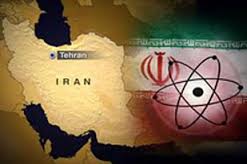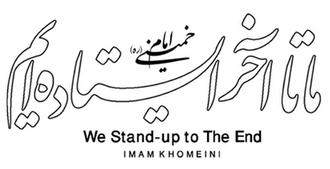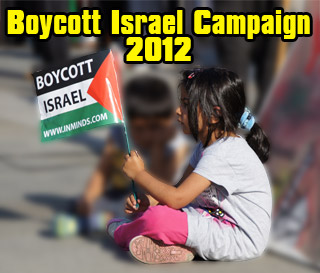Can Iran Trust the United States?
 People ask whether the United States can trust Iran. The better question is whether Iran can trust the United States.
People ask whether the United States can trust Iran. The better question is whether Iran can trust the United States.
Can Iran Trust the United States? Since 1979 the U.S. government has prosecuted a covert and proxy war against Iran. The objective has been regime change and installation of a government that will loyally serve U.S. state objectives. This war began after the popular overthrow of the U.S. government’s client, Shah Mohammad Reza Pahlavi, whose brutal regime the Eisenhower administration and CIA had preserved by driving Iran’s popular Prime Minister Mohammad Mossadegh from office in 1953.
Had the U.S. government not supported the shah and his secret police, there would have been no 1979 Islamic Revolution or 444-day hostage-taking at the U.S. embassy in Tehran.
The U.S. government has pursued its war against Iran in a variety of ways. When Saddam Hussein’s Iraqi army invaded Iran in 1980, the Reagan administration supplied Saddam with intelligence and the ingredients for chemical weapons. Saddam, helped by that intelligence, used poison gas against Iranian troops.
During the Iraq-Iran war, the U.S. Navy shot down an Iranian civilian airplane over Iranian airspace, killing 290 passengers and crew members. The captain of the USS Vincennes said his ship was being attacked by gunboats at the time, and the Airbus A300 was misidentified as an attacking F-14 Tomcat. Iran countered that the civilian flight left Iran every day at the same time. Witnesses with Italy’s navy and on a nearby U.S. warship said the airliner was climbing, not diving (as a plane would for an attack), when it was shot down.
The U.S. government, or its closest Middle East ally, Israel, has helped ethnic insurgents to attack Iran’s regime. Some groups encouraged by the U.S. government, such as Jundallah and the Mujahedin e-Khalq cult, have been regarded as terrorist organizations by the State Department. Covert warfare has also taken the form of the assassination of Iranian scientists and cyber warfare. (It strains credulity to think that Israel, which annually receives billions in U.S. military assistance, acts without the knowledge of U.S. officials.)
Then there are the economic sanctions. In international law, sanctions are an act of war. How could they not be? They aim to deprive a population of food, medicine, and other needed goods. The sanctions are said to “cripple the Iranian economy,” but an economy consists of people. Thus, sanctions inflict harm on innocent individuals, with the greatest damage to children, the elderly, and the sick. That is cruel and unconscionable. It must stop, yet some in Congress would toughen the sanctions further.
As one can see, the Iranians are the aggrieved party in the conflict with the United States. Thus they have good reason to doubt the sincerity of recent conciliatory statements, especially when President Obama insists that “all options are on the table” — which logically includes a military and even nuclear attack. Obama should match the conciliatory words with action.
But, some will say, Iran is building a nuclear bomb. The problem is that this is not true. Twice the American intelligence complex (more than a dozen agencies) has concluded that Iran abandoned whatever weapons program it had in 2003, the year the U.S. government eliminated its archenemy, Saddam Hussein. Israeli intelligence agrees that Iran has not decided to build a bomb. Indeed, Iran’s Supreme Leader, Ayatollah Ali Khamenei, issued a religious fatwa condemning nuclear weapons years ago and has repeatedly invoked it.
It is true that Iran has enriched uranium to near 20 percent (as it may do legally), but it is turning that uranium into plates, which, although suitable for medical purposes, are unsuitable for bombs. (Weapons-grade uranium is 90 percent enriched.)
Moreover, Iran, a party to the nuclear Non-Proliferation Treaty, submits to inspections from the International Atomic Energy Agency, which has repeatedly certified that Iran’s uranium has not been diverted to making bombs. On the other hand, Israel, a nuclear power whose government (along with it American lobby) agitates for war between America and Iran, is not a member of the NPT.
Ask yourself: What would Iran do with a nuclear weapon when Israel has hundreds of them and America has thousands?
Despite the peace overtures from President Rouhani, which echo those of his predecessors, Obama is on a course for war. He should spurn the warmongers and choose peace.




